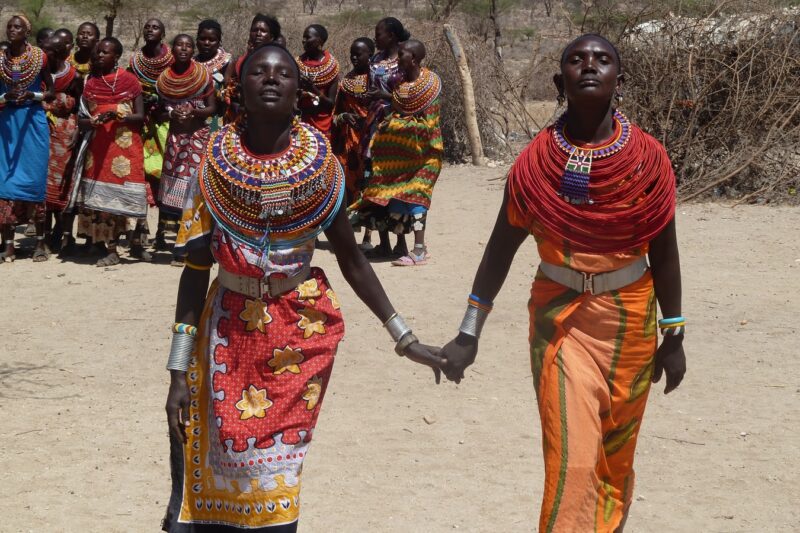Will it be dangerous? Is vaccination mandatory? What will it be like to drive there? Should i take Malarone? How is the Internet connection? … These are some of the questions that most people ask themselves when they travel to Kenya, because whether we want to or not, traveling to any of the African countries is not the same as going to spend a few days in a European country. It requires a bit of organization.
We will give you a series of basic tips for traveling to Kenya, which will serve you both if you come alone or if it is an organized trip.
Plan your trip
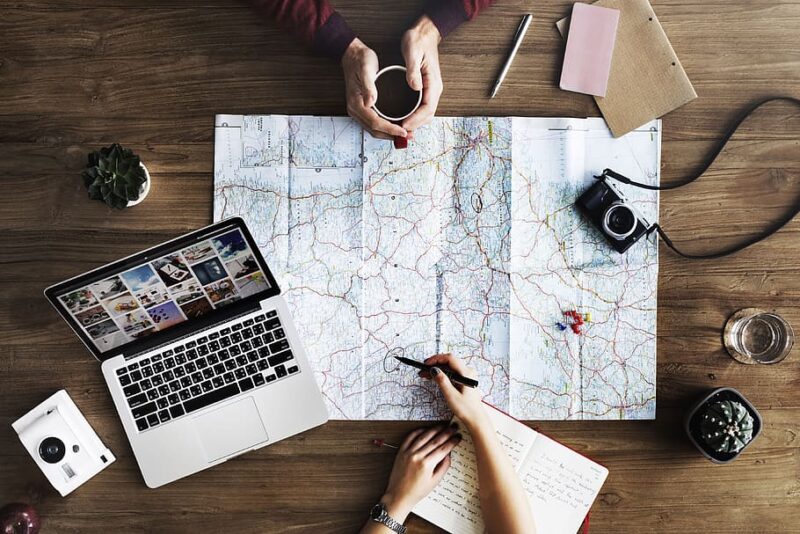
The best times to come to Kenya are two, which are the ones that coincide with the dry or non-rainy season, the first from December to March and the second from June to October. In this second we have the possibility of seeing “The Great Migration”, one of the greatest natural spectacles that nature can offer us when thousands of zebras, wildebeests and antelopes migrate from the Serengeti plains in Tanzania to the Masai Mara Nature Reserve.
The rest of the months are rainy season, although you can also go on safaris and go to the coast, always enjoying an average temperature of 26ºC throughout the year.
Visa
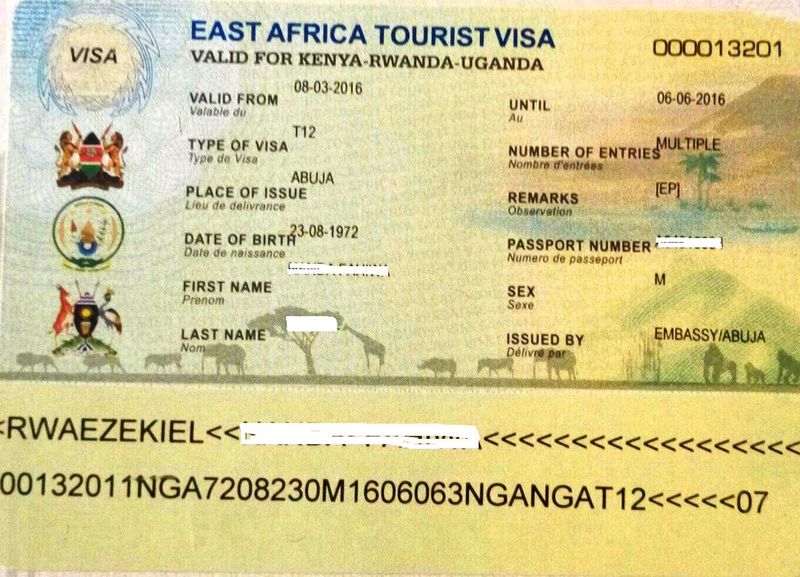
You can obtain the Tourist Visa when you arrive at the Nairobi airport, it can be paid in both euros and dollars. It has a validation of 3 months expandable to 6 months. You can also request it online from your home and from the website of the Kenyan embassy.
Money
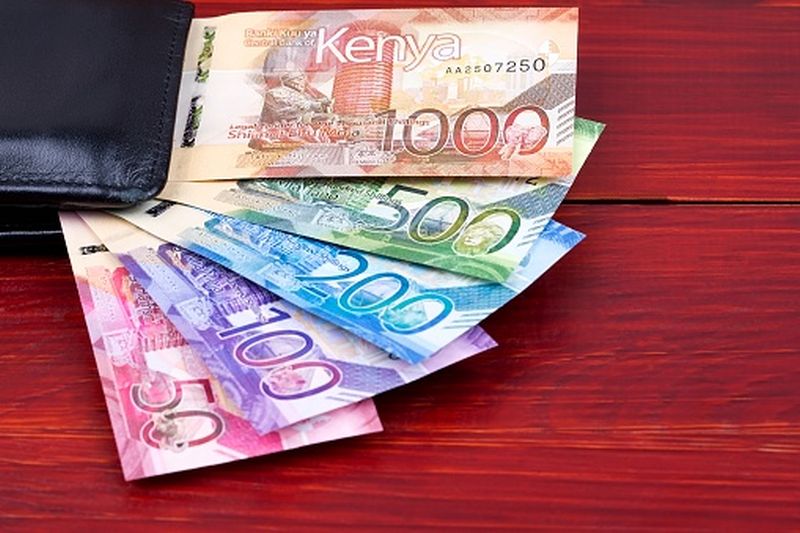
The currency used is the Kenyan shilling, upon arrival in the country if you can avoid exchanging at the airport much better, it is the worst rate in all of Kenya. To give you an idea, when I arrived in Kenya the exchange at the airport was 1 dollar = 107 Ksh and at the exchange offices in the center of Nairobi 1 dollar = 115 Ksh. The best place to get change is in the Town district, there is an office between Wabera Street and Standard Street with a gate, just behind the Italian restaurant Trattoria, it is the office where they usually have the best rate, although there are many more in Town .
All the fairly large towns have ATMs to withdraw money and most hotels, shops, supermarkets and entrances to national parks offer you to pay by card, the only one in which you are not been able to pay by card so far has been in the Samburu Natural Park. Although we recommend always carry some cash, since sometimes the connection does not go well and it may save us from some problem to carry some cash.
Language
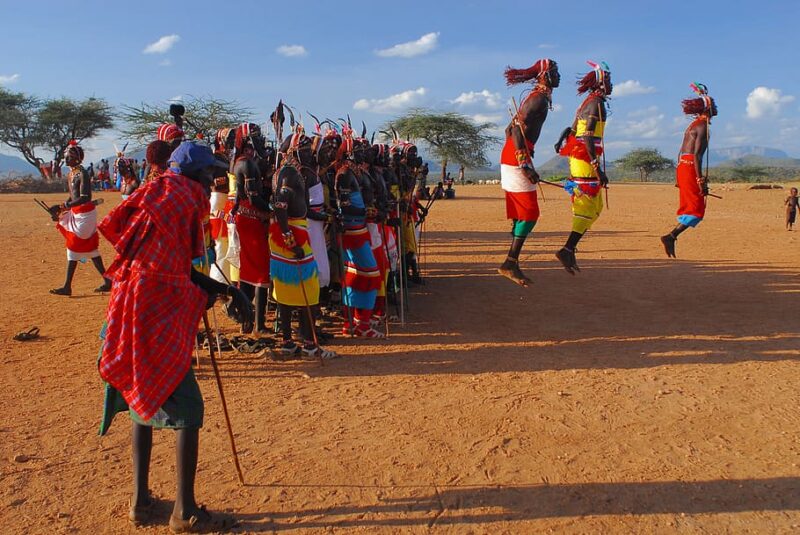
The vast majority of Kenyans speak English, it is the official language of the country, while Swahili is the national language. Both in Nairobi and in most of the rest of the country you will have no problem communicating in English.
They will appreciate it very much if you say words to them in Swahili, they are very funny to see foreigners speaking their local language, so we recommend you learn some basic words. And if you need official communication in Swahili, then contact one of the official agencies, such as KL Translations. Don’t take risks with those who don’t specialize, as it’s not a widely used language.
Getting around in Nairobi
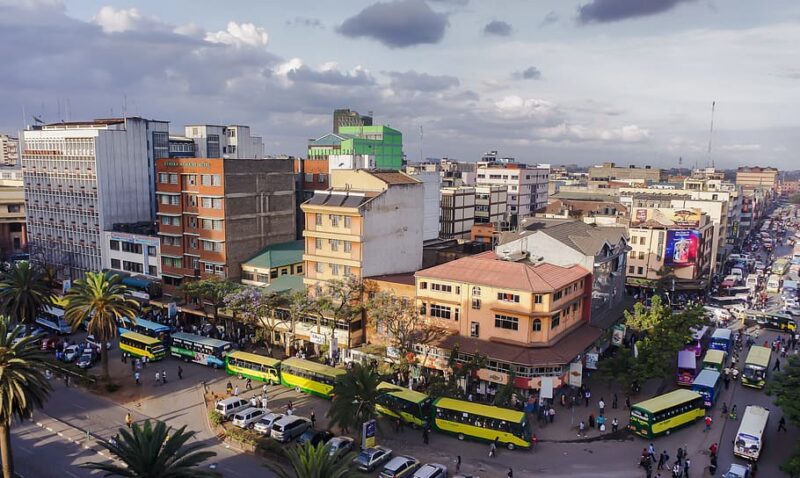
Download the Uber, Taxify or Little Cab application to move around Nairobi, they work great, do not use a taxi because it is more than twice as expensive. You can link the payment method to your credit/debit card when configuring the application when you have downloaded it, so you no longer have to change at the airport to pay the driver on the way to Nairobi.
Another important thing in Nairobi is traffic jams, so do not despair, it is something that is already established in Kenyan culture and you will see that people have assumed it. Another curious fact, these applications charge per journey, not for time like taxis in rest of the world.
If you are going to rent a car, the steering wheel is on the left, watch out for the speed bumps, that there are many and no signs.
Mobile card
Get a mobile card from the Safaricom company (main telephone company in Kenya) to talk on the phone. You only need to show your passport. Do not leave the store without checking that it works and that you have activated it. One of the main Safaricom offices is on Kenyatta Avenue, in the I&M Building.
Electricity
The electric current in Kenya is 220/240 volts and three-prong square plugs are used as in Great Britain. For two-pin or other plugs, the use of an adapter will be necessary. Highly recommended to carry an extension cord, in some parts of the country the plugs are conspicuous by their absence and you will find it very useful to charge all the devices with which we travel today (cameras, mobiles, laptops …).
Vaccines
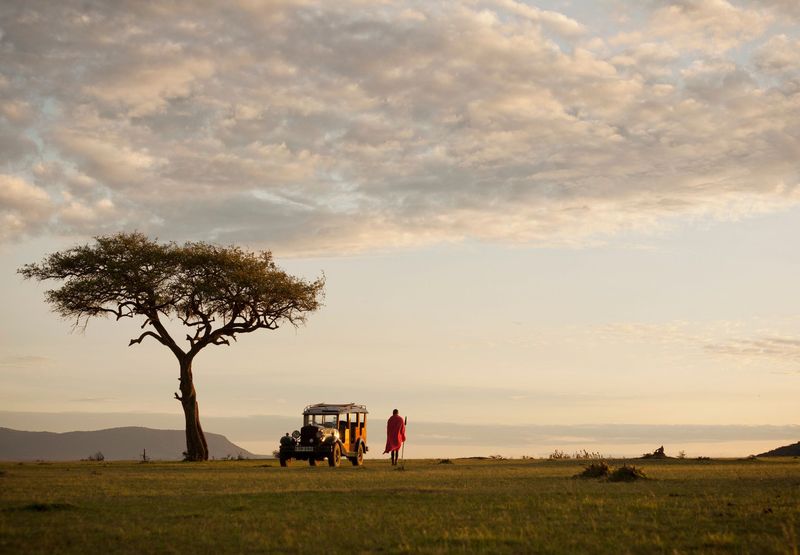
There is no compulsory vaccination for traveling to Kenya, although yellow fever, hepatitis A and B, typhoid, polio, tetanus diphtheria and meningococcal disease are recommended. A yellow fever vaccination certificate is required from travelers over one year of age from countries where stopover with risk of yellow fever transmission has been made.
Speaking about malaria, Foreign Health advise taking prophylactic measures against malaria. The interior of the country is safe; the most risky area is on the coast and around Lake Victoria, so we recommend taking necessary precautions such as applying something against mosquitoes at night and using a mosquito net to sleep.
On the other hand, it is highly recommended to take out international travel medical insurance with the greatest possible coverage, and which covers the transfer by ambulance or plane from anywhere in Kenya to Nairobi. Otherwise, you have to keep in mind that the transfer can be enormously expensive.
Security

This is another topic that people ask us a lot about. There is no security problem, you will see that the Kenyans are very calm people and they are always willing to help you, just take the necessary measures as you would on any other trip, such as hiding money well, not taking out the phone in crowded areas, avoiding troubled neighborhoods … a rather curious fact is that robberies are sentenced to death.
Since there was the attack in 2013 by Al-Shabbaad in a shopping center in Nairobi, security measures have been greatly improved and the only area considered to be dangerous is the border with Somalia, but you are not going to go to that region anyway, that it is away from all natural parks.
Conclusion:
If you have the opportunity and enough money, do not miss to visit this fantastic country.


